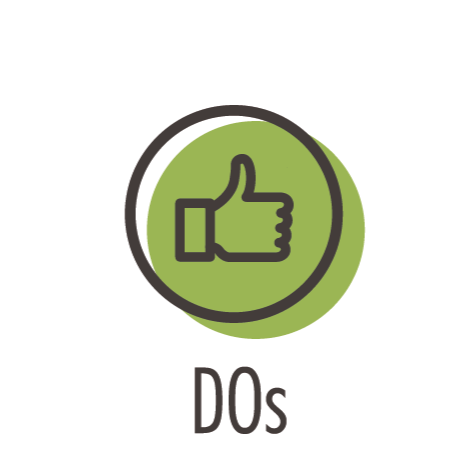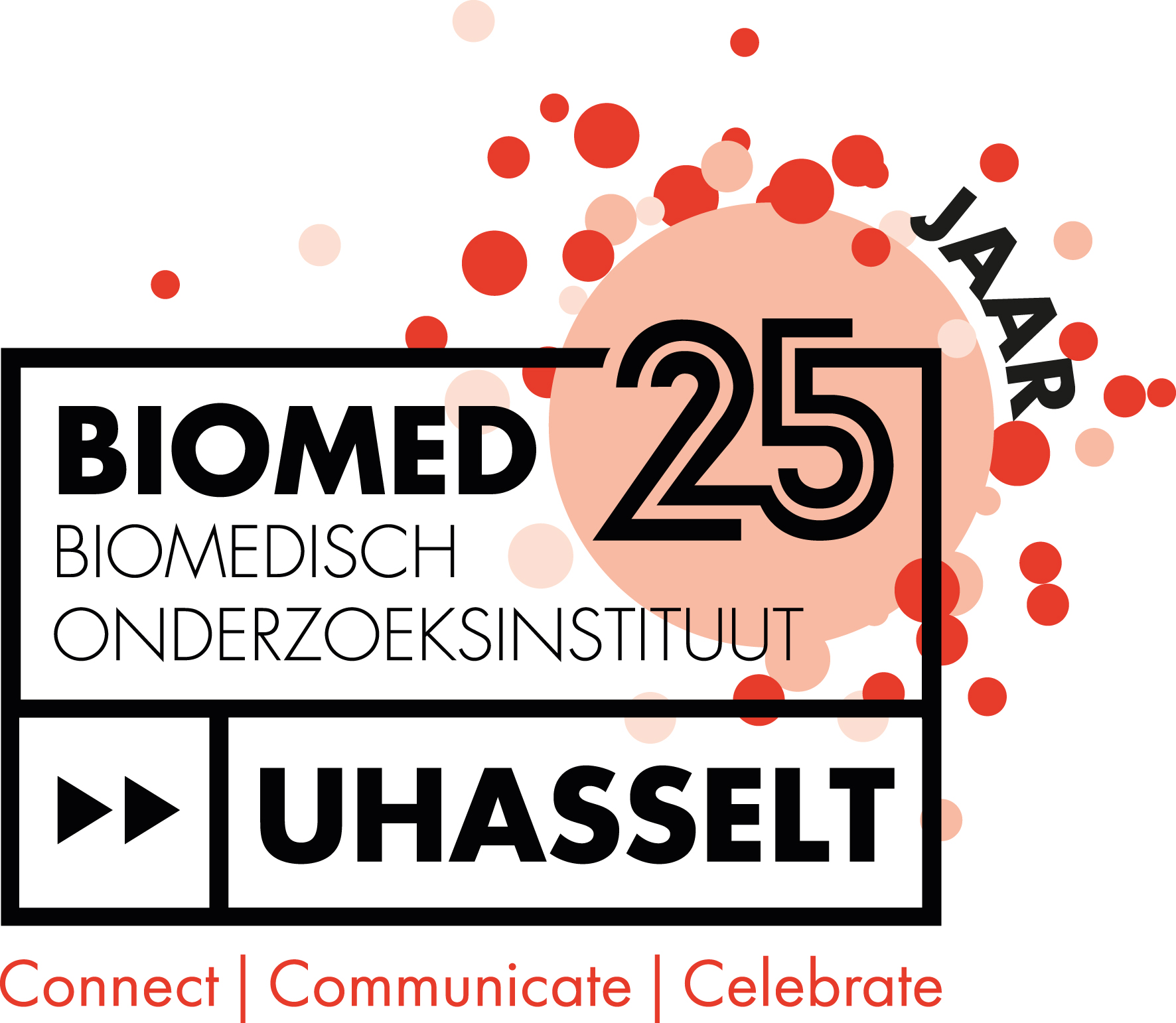Workshop: How to set-up a Health Data Sharing Initiative
April 22, 2024
Embuild (Hasselt University, Campus Diepenbeek)


The purpose of the workshop "How to set-up a health data sharing initiative?" - organized byUHasselt's Biomedical Data Sciences research group - was to explore and define the pathways for setting up effective health data sharing initiatives, particularly focusing on the use of real-worlddata (RWD) and federated learning systems. Participants from diverse backgrounds, including general practitioners, oncologists, data engineers,and IT professionals participated in the workshop, ensuring a broad range of expertise.
Download the full report
Key takeaways
1. Stakeholder needs: How to engage different stakeholders and craft value propositions
- Patients: Prioritize engaging patient organizations to understand their needs for enhancing health and wellbeing outcomes. Emphasize education about data use to facilitate informed engagement, ensuring patients are aware of how their data will be utilized and the benefits it can bring. Additionally, recognize that some initiatives may involve data from the general public rather than just patients. A data-sharing initiative can provide value beyond learning about treatment outcomes, offering insights into broader health trends and contributing to public health improvements.
- Healthcare organizations: Focus on benefits like operational efficiency, adoption of value-based healthcare models, and opportunities for increased funding and exposure to innovative practices.
- Industry: Aim for transformative health solutions through partnerships that ensure mutual benefits such as process optimization and strategic alignments.
- Data holders: Highlight benefits like increased visibility, improved data quality, opportunities for publishing findings, and access to broader resources.
- Academia: Offer incentives such as publication opportunities, financial support, enhanced networking, and access to a larger pool of data for research.
2. Recurrent key themes and challenges
- How can we effectively integrate diverse data sources while maintaining data privacy and quality?
- What are the best practices for ensuring scalability and interoperability in health data initiatives?
- How can AI and machine learning be leveraged to improve health outcomes in the context of these data sharing initiatives?
3. Do’s and Don’ts

- Initiate with clear ideation and planning: Define the scope, mission, and vision clearly from the beginning.
- Develop a comprehensive data strategy: This should include data collection, quality assessment, and enhancement strategies.
- Maintain flexibility and adaptiveness: Use adaptive management strategies to respond to changes and feedback throughout the project lifecycle.
- Stakeholder engagement: Early and comprehensive engagement of stakeholders is vital. Tailoring value propositions to meet the specific needs and expectations of different groups—ranging from patients and healthcare organizations to industry partners and academia—is essential for ensuring broad-based support and active participation.
- Governance and leadership: Strong governance structures and decisive leadership are non-negotiable aspects of managing complex health data initiatives. These elements are critical not only in steering projects through their lifecycle but also in maintaining alignment with ethical standards and regulatory requirements.
- Infrastructure and integration: Investing in robust technological infrastructures that support the scalability and integration of health data systems is recommended. Such infrastructures must prioritize data quality and security to foster trust and reliability.
- Continuous learning and adaptation: Adopting a mindset of continuous improvement and learning from existing data sharing networks can enhance the effectiveness of new initiatives. It is beneficial to integrate lessons learned from established frameworks to avoid common pitfalls and accelerate progress.
- Transparent communication and documentation: Maintaining clear, open lines of communication with all stakeholders and ensuring thorough documentation of processes and outcomes helps in managing expectations and reinforcing the collaborative nature of the initiative.
- Underestimate the importance of governance: Strong, decisive leadership and governance structures are crucial.
- Over-promise on outcomes: Manage expectations realistically to maintain trust and engagement.
- Neglect legal and ethical considerations: Ensure thorough planning around legal and ethical issues, which are often more crucial than technological aspects.
- Rush the foundational phases: Take time in the ideation and planning phases to mitigate challenges later on.
- Ignore stakeholder diversity: Avoid conflicts by harmonizing value propositions to align with the needs of all stakeholder groups.

Sponsors
This event was financially supported by:

























